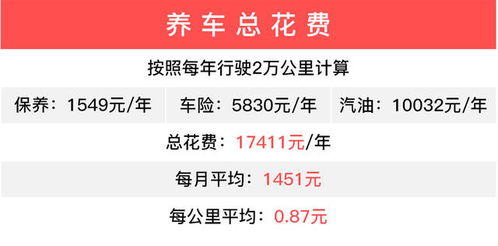商业医疗保险英文翻译
Comprehensive Guide to Private Medical Insurance in English
Private medical insurance, also known as commercial or supplementary health insurance, provides coverage for healthcare expenses beyond what is covered by public or governmentsponsored health plans. This type of insurance can offer enhanced benefits, broader provider networks, and faster access to medical services. Here is a detailed overview of private medical insurance in English:
- Comprehensive Coverage: Private medical insurance typically covers a wide range of medical services, including inpatient hospital stays, outpatient treatments, diagnostic tests, specialist consultations, and sometimes even alternative therapies.
- Flexible Plan Options: Insurers offer a variety of plan designs, allowing individuals and families to choose the level of coverage that best suits their healthcare needs and budget.
- Access to Private Providers: Private medical insurance often provides access to a broader network of private healthcare providers, including prestigious hospitals and specialist clinics.
- Reduced Wait Times: With private insurance, policyholders may experience shorter waiting times for appointments and medical procedures compared to the public healthcare system.
- Additional Benefits: Many private medical insurance plans include additional benefits, such as coverage for dental care, vision care, mental health services, and international emergency medical assistance.
There are several types of private medical insurance plans available, each with its own unique features and benefits:

1. Indemnity Plans (FeeforService)
Indemnity plans, also known as feeforservice plans, allow policyholders to choose any healthcare provider and reimbursement is based on the actual cost of the medical services received. These plans typically have higher premiums but offer more flexibility in provider selection.
2. Managed Care Plans
Managed care plans, such as Health Maintenance Organizations (HMOs) and Preferred Provider Organizations (PPOs), have a defined network of healthcare providers. Policyholders may be required to obtain referrals from a primary care physician to see specialists, and the plan may cover a higher percentage of costs when using innetwork providers.
3. HighDeductible Health Plans (HDHPs)
HighDeductible Health Plans feature lower monthly premiums but higher deductibles, which is the amount the policyholder must pay outofpocket before the insurance coverage kicks in. These plans are often combined with a Health Savings Account (HSA) to help cover the higher deductibles.
The cost of private medical insurance premiums can vary based on several factors, including:
- Age: Premiums generally increase with the policyholder's age, as older individuals typically have higher healthcare needs.
- Preexisting Conditions: Insurers may charge higher premiums or exclude coverage for preexisting medical conditions.
- Level of Coverage: Plans with more comprehensive coverage or lower deductibles tend to have higher premiums.
- Location: Premiums can vary based on the cost of healthcare services in the policyholder's geographic area.
- Tobacco Use: Insurers often charge higher premiums for individuals who use tobacco products.
Individuals can purchase private medical insurance through various channels, including:
- Employersponsored Plans: Many employers offer group private medical insurance plans as a benefit to their employees.
- Individual/Family Plans: Insurers sell private medical insurance directly to individuals and families who do not have access to employersponsored plans.
- Broker or Agent: Independent insurance brokers and agents can help individuals and families compare and select the most suitable private medical insurance plan.
When choosing a private medical insurance plan, it is essential to carefully review the coverage details, exclusions, and limitations to ensure that the plan meets your healthcare needs and budget.









